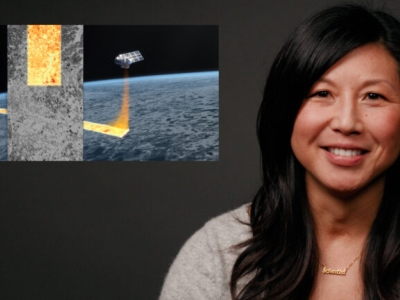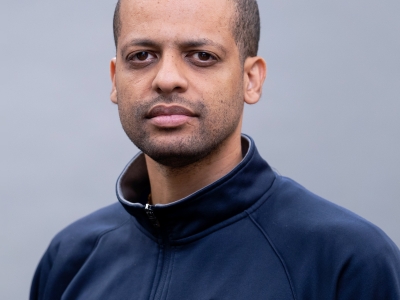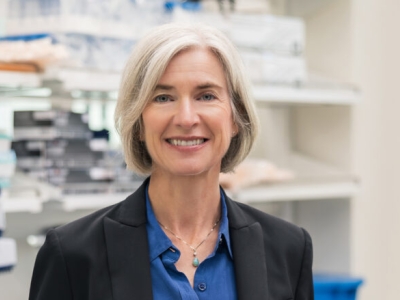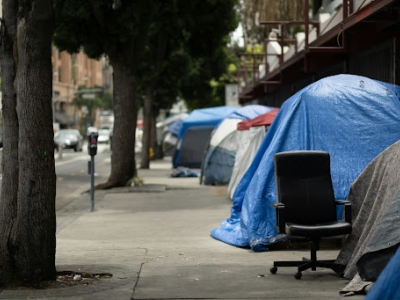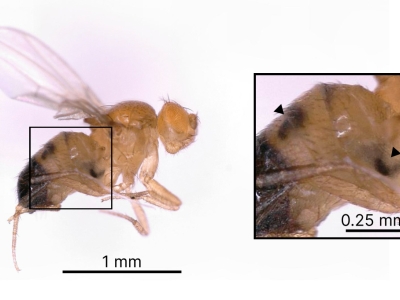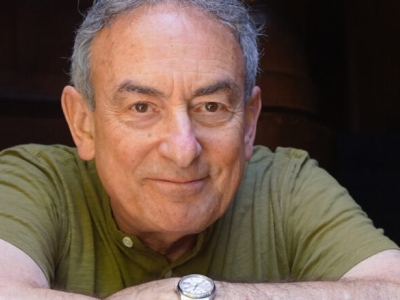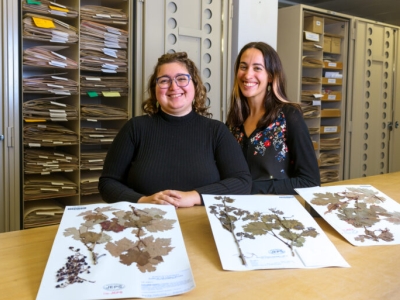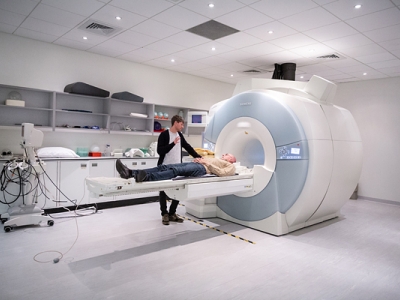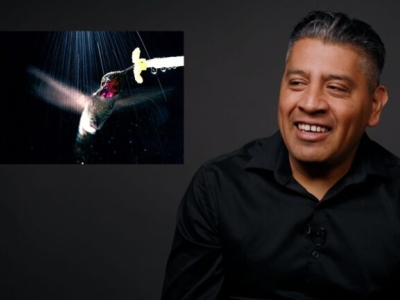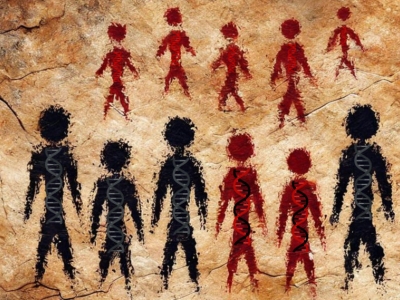Watch UC Berkeley professor Stephanie Pau explain the science behind biogeography in 101 seconds.
Research News
Learn more about UC Berkeley's researchers and innovators.
Showing 113 - 128 of 3476 Results
Berkeley Computer Science Division chair has launched accessible coding programs and advocated for high quality STEM education in California.
New research in 3D printing/additive manufacturing allows for innovation in antenna design and printing of intricate antenna structures.
New center will aim to accelerate California’s equitable transition to renewable energy and zero-carbon emissions through research and collaboration.
Jennifer Doudna has been awarded a National Medal of Technology and Innovation, the nation’s highest honor for technological achievement.
"Permanent supportive housing" helps reduce chronic homelessness — here's how it works and why it's so needed in California.
Berkeley biologists have shown that some fruit flies have stolen a successful defense from bacteria to survive predation by parasitic wasps.
New research finds that a bias toward pessimism among U.S. political scientists often leads to inaccurate predictions about the future threats to democracy.
Three instructors discuss why Italian author Elena Ferrante’s work is so captivating worldwide, including at Berkeley.
Berkeley mathematics professor awarded the Steele Prize of the American Mathematical Society.
Berkeley researchers used bacterial DNA from a 120-year-old herbarium specimen to reconstruct the history of Pierce’s disease in California.
Berkeley psychology researchers score a $4.5 million grant aimed to improve the lives of those suffering from bipolar disorder.
Berkeley professor awarded the Innovation Fellowship and AIC Awards for their research in rapid crop bioengineering.
Learn how biologists like Victor Ortega Jiménez use high-speed cameras to record fascinating slow motion footage of animals in the wild.
New UC Berkeley research looks at years of studies into whether non-human animals have a similar sense of fairness.
Surviving Neanderthal genes in modern genomes tell a story of thousands of years of interactions.

